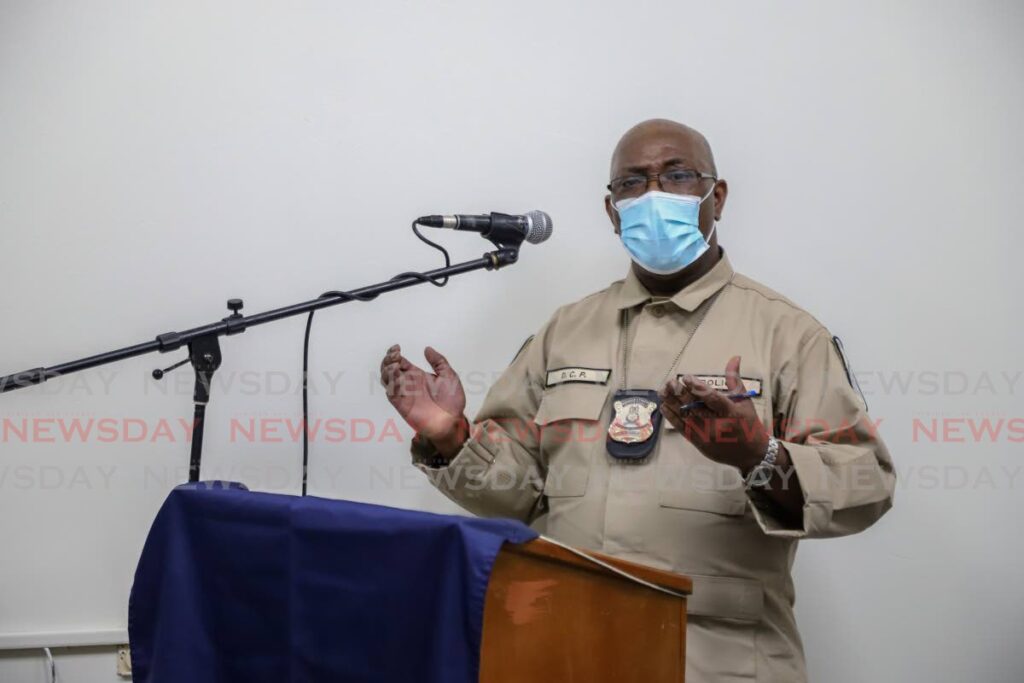Breaking the silence

ONE OF the most insidious things about child abuse is how it often happens in silence.
First, a child is told to say nothing by an abuser. Then, if the child does speak out, they are often not believed and told to say no more.
Always, the damage done is out of sight. It is a trauma left to fester quietly, a cancer growing, undetected, as time goes by.
So it is good that many are today vocal on the issue of child abuse, advocating on behalf of victims who often cannot speak for themselves. It is good that both the PNM and UNC are being scrutinised, the former in relation to its recent handling of the 2021 Justice Judith Jones Report, the latter in relation to what was done with the 1997 Robert Sabga Report.
It is good that the police, too, are being asked to account for their handling of these reports and that acting Commissioner of Police McDonald Jacob has assembled a special team to investigate matters arising from both. It is better late than never.
But treating child abuse with the seriousness it deserves is not limited solely to the issue of criminal proceedings. (Given its secretive and sensitive nature, many cases have problems reaching the courtroom.) Instead, there should also be consideration of a range of support measures and resources to help all victims of abuse, such as better access to psychological support.
One thing that helps nobody is the rabid politicisation of this issue.
There is something incredibly distasteful about the daily claims and counterclaims being made on political platforms by politicians and others, some of whom seek to paint political opponents as being, for example, wilful enablers of paedophiles.
This seems to echo the fact that internationally, child abuse has been weaponised by politicians. In the US, a bizarre “pizzagate” conspiracy theory in 2016 linked the Democratic party to a secret child sex ring and was a factor in the defeat of Hillary Clinton. More recently, British prime minister Boris Johnson was criticised for smearing Sir Keir Starmer by implying the Labour leader had a direct role in a decision not to prosecute the notorious Jimmy Savile.
Local officials would like us to believe they have the interest of children at heart.
But have they stopped to consider the triggering effect their callous allusions – for instance to cases like that of Akiel Chambers, who died in 1998, after the 1997 Sabga Report was produced – have on victims and their families?
More meaningful would be an honest reckoning with how the public service, the police and governments have treated with reports.
And more important would be efforts to end, once and for all, the stigma that stops victims from speaking out.


Comments
"Breaking the silence"